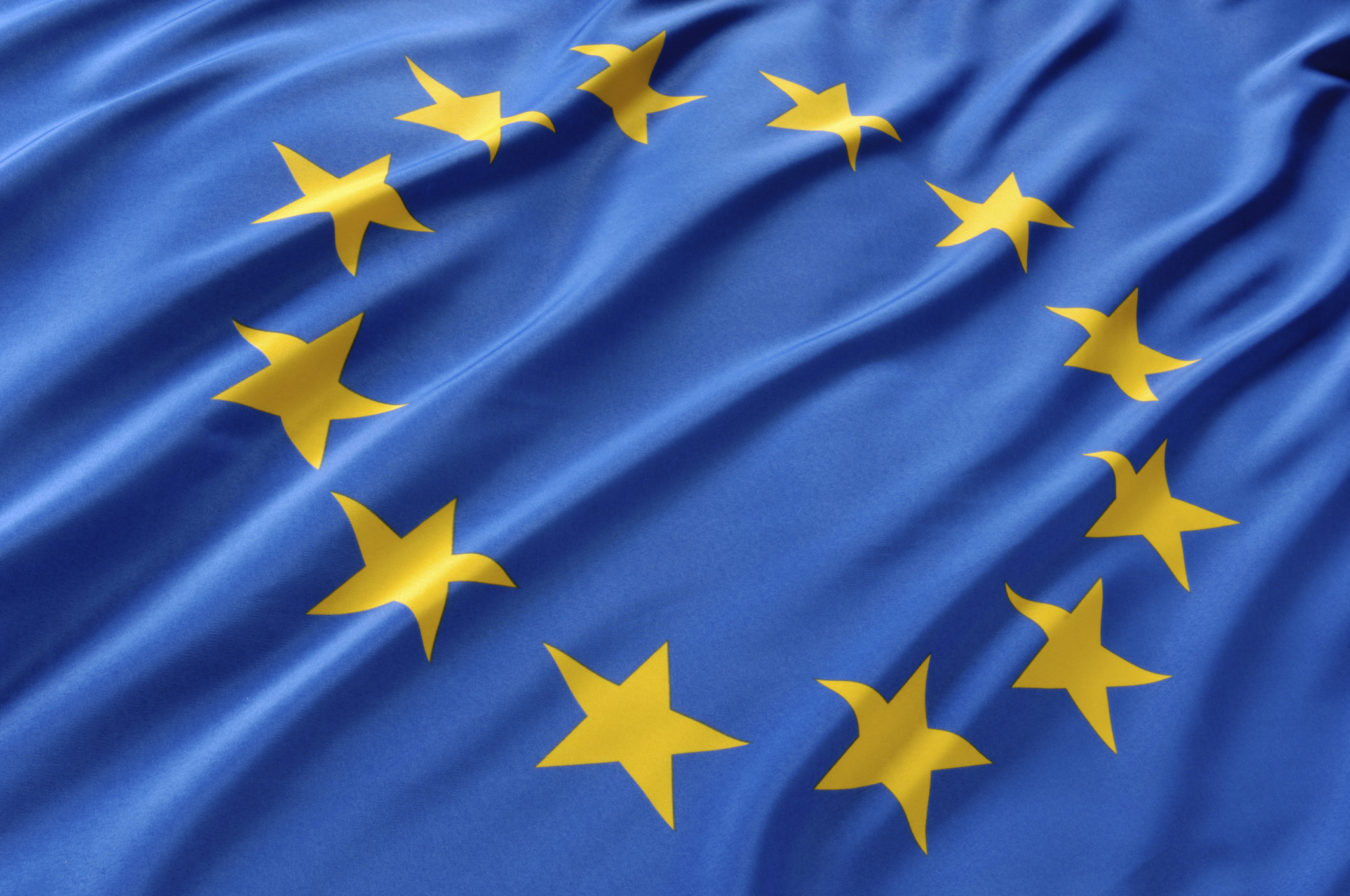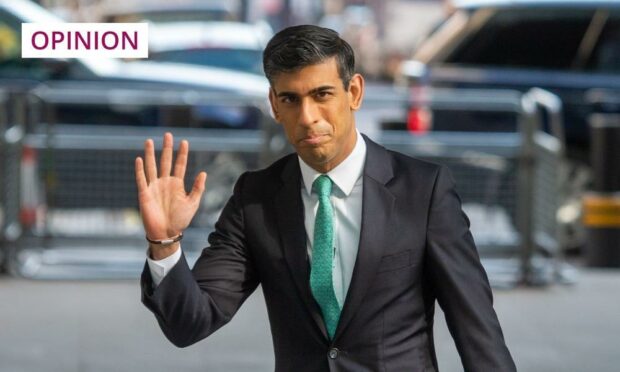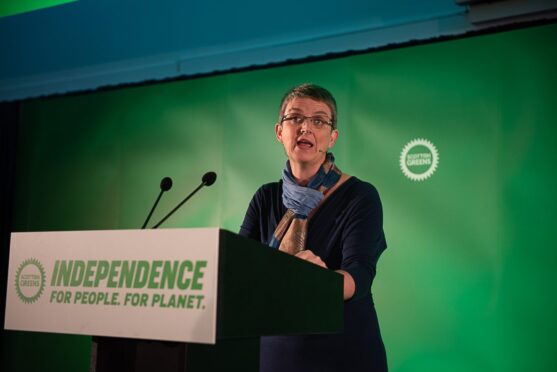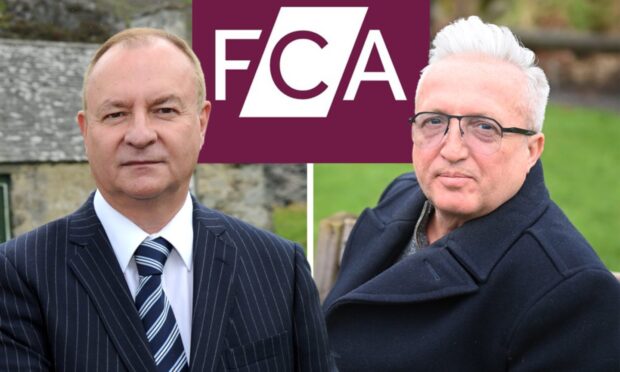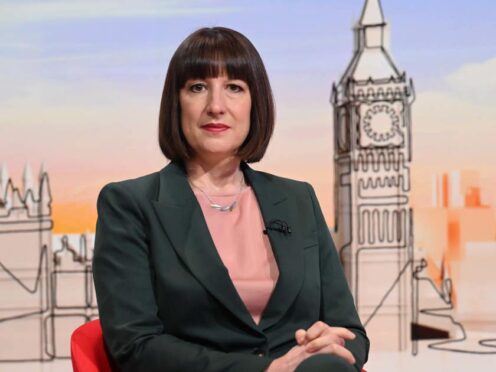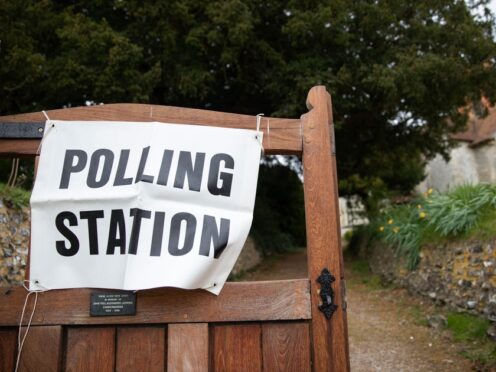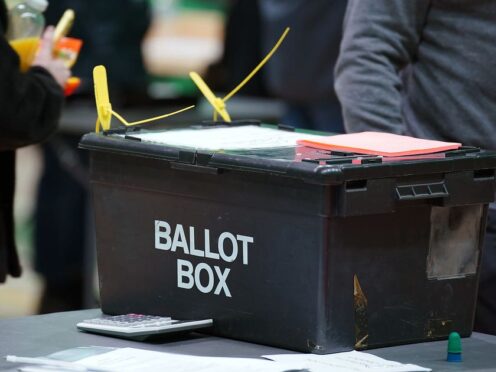A vote for Brexit would see the UK involved in “difficult, lengthy and acrimonious” negotiations, a leading European commissioner has warned.
Lord Hill, the European Union (EU) Commissioner for financial stability, financial services and capital markets union, insisted it is “quite simply wrong” to state Britain could have a more advantageous relationship with the rest of the European market if it voted to leave in the June referendum.
He also told members of the financial services industry in Edinburgh that exiting the EU would “lead to more uncertainty”, branding this “the enemy of investment and growth”.
The Scottish capital is one of the key centres for the sector outside of London, with Lord Hill stressing that “a month away from the referendum, it’s important to remember just how much the UK, and Scotland as part of it, has benefited from being part of the single market”.
Nearly half of all UK exports go to the EU, he said, with 250,000 jobs in Scotland and three million across the country linked to those.
He said: “It’s difficult to think of a part of the British economy that’s doing better out of the single market than financial services. A quarter of financial services income in the EU is generated in the UK.
“Your sector employs over one million people, two-thirds of whom are outside London in places like Edinburgh. Financial services are the UK’s most important export and the rest of Europe their first destination.
“London has once again been rated the world’s most competitive centre. So, I think it’s quite hard to argue that we’re being ‘strangled’ by regulation as is sometimes claimed.”
While he said this success “obviously owes much to Britain’s intrinsic strengths and competitiveness” in the financial services sector, Lord Hill also argued it is linked to the UK’s membership of the single market.
“If Britain is a global financial centre, it’s in part because Britain is a gateway to European financial markets, because firms authorised to sell in the UK can also sell their services across the single market while remaining in the UK,” he said.
If Britain left, he said the relationship with the EU “would be up for negotiation”, adding that while different models had been suggested “the truth is that we’re none the clearer on what that relationship might look like”.
Lord Hill added: “As the person responsible in part for drawing up the rules for Europe’s financial sector, three things are clear to me.
“First, if we vote to leave, the depth of Britain’s current relationship with Europe would make negotiating a new one a difficult, lengthy and acrimonious process.
“Second, no existing alternative to EU membership would give the UK financial services sector the same level of EU market access while also giving the UK a say over financial services regulation.
“Third, if Britain wanted to continue having the same access to the single market, we’d have to pay for that access and obey rules we’d no longer be shaping, and that would be decided with other countries’ interests and economic models in mind, rather than our own.
“I’m afraid that those who suggest that we could, from the outside, quickly agree a more advantageous trading relationship with the single market than we do today are quite simply wrong. All other options would lead to more uncertainty: the enemy of investment and growth.”
